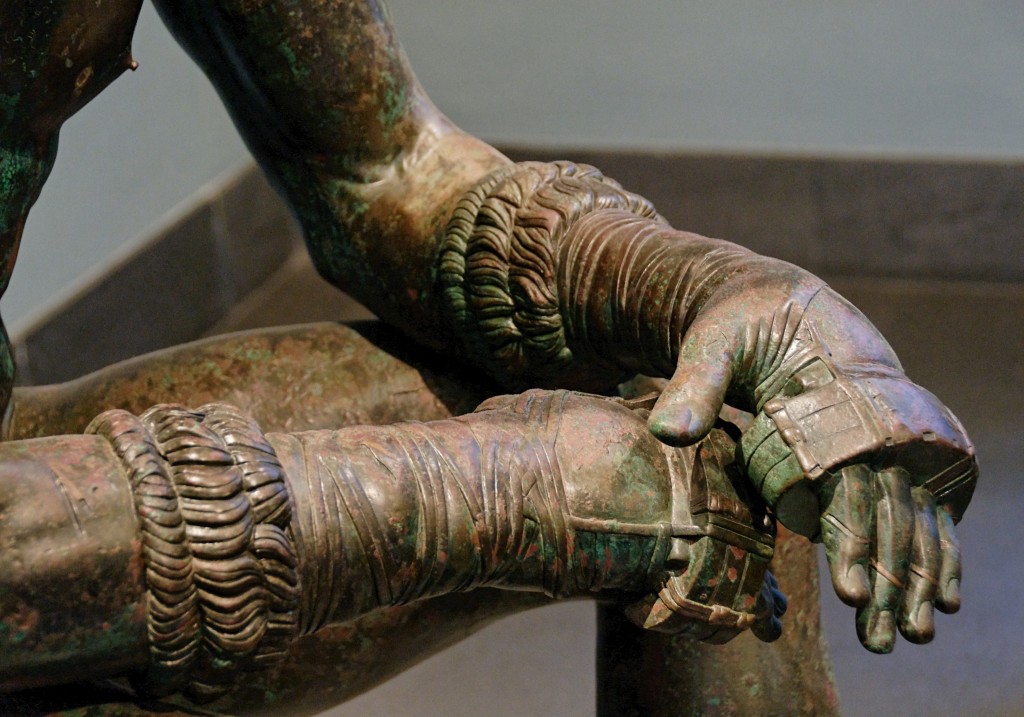An affecting work of fiction that serves as a reminder to be grateful for family, whatever the shape or size, if you are lucky enough to have it…

by: Jacqueline Erasin
Ginny loves to talk about the weather. She can tell you about warm fronts, cold fronts, thermal whatsits, everything. When she was little, she’d also chatter non-stop about all kinds of weird stuff, like fairies, magic, and talking animals. It did my head in. I couldn’t get her to shut up.
Then she stopped talking completely. Decided she didn’t want to anymore. At least not to anyone outside the family.
It was around the time Mum first got sick. Ginny would’ve been about ten. Mum always acted like everything was okay. ‘I’m fine,” she’d say. “It’ll pass.” I believed her. But Ginny didn’t.
A couple of months back, I found Ginny curled up on the sofa, her cheeks wet and blotchy, her eyes puffy.
“Why doesn’t anyone like me?” she asked, when I inquired what was wrong.
I remembered that time in school some kids had been taunting her, saying she was weird. I ended up suspended for fighting, but at least they left her alone after that.
I sat beside her, putting my arm around her shoulders. Usually she’d pull away, it’s only Mum she’d allow to get so close. But Mum passed a year earlier.
“Of course people like you. I like you. Even though you always have the first and last biscuit from a pack.”
She didn’t even smile.
“No one talks to me. I’ve got no friends.”
“What d’you mean, you’ve got no friends? What about Claire and Amanda? You’re always round their house.”
“They only invite me over cause their mum makes them.”
“Don’t be daft. What makes you say that?”
“Claire told me. She said her mum feels sorry for me.”
The blood rushed to my cheeks. “Well screw them. You could make new friends.”
“I don’t know how. If someone does speak to me, I don’t know what to say. I just stand there.”
I cleared my throat, wondering what Mum would have said.
“Well, you can never go wrong talking about the weather. It’s like a code everyone understands.”
Ginny wiped her eyes with her hanky, a white cotton square with roses embroidered in the corners. She doesn’t like tissues, says they don’t feel nice.
“Why did Mum die and leave me alone? I want to die too.”
“Don’t say that,” I snapped, pulling away from her. Hadn’t Mum left me too? And worse, with the charge of looking after Ginny.
When Mum died, Social Services made us move in with Dad. They said I was too young for so much responsibility. What they don’t know was, Dad was hardly ever around. He didn’t want the responsibility either.
I know I should have reassured Ginny. Should have told her she wasn’t alone. That we were together. A family. But I was angry. Angry at how unfair the world is.
One of the last things Mum said before she passed was, “Promise me you’ll look out for your sister.”
I promised, but I felt this burning, like acid, trickling down my throat, tearing at my insides. I sat at her bedside, refusing to let the tears come, acting like a good brave son, while within I was screaming at her: How can you leave? How can you put this on me?
I didn’t want to be the man of the house. I was only nineteen. I should be carefree, careless, secure that if anything went wrong, I had a parent to sort it out.
Truth is, I’ve looked after Ginny since I was fifteen. I guess that’s why I didn’t do too well in school.
As soon as I could, I got a job stacking shelves in a supermarket. The pay was okay and the hours meant I could still help out at home.
Lately, my boss wants me to go on a manager training retreat, but that would mean staying away for a week and I couldn’t leave Ginny.
Ever since my girlfriend Fiona told me the news, I’ve been thinking about my Dad a lot. He left Mum to raise a six and a two-year old on her own. I know I should have been more supportive, with Fiona, but all I could see was white space. Emptiness. I felt the burning inside me again as I thought of how my life was always being stopped by others. When was it going to be my chance to do what I want?
Now I’m wondering, is this how he felt?
Fiona stopped by yesterday, her face pale and tight. She asked if we could talk. She looked angry, but beneath it I could see she was scared. I had no idea what to say.
How could I tell her I’m not cut out to be a parent. That I’m scared I’ll turn out like my dad — a waste of space.
She stood there, waiting for me to speak, but I still didn’t know what to say.
Then Ginny bounced into the room, talking nineteen to the dozen, telling Fiona all she had learned recently. She’s spent hours over the past two months studying weather. The number of facts she could hold in her brain is incredible. Some of them are fascinating. Turns out, it’s an old wives tale about cows lying down, but if you see an Altostratus cloud pattern, you should expect it to rain.
Fiona’s eyes widened at this barrage of information, then she smiled. I thought she was going to burst out laughing. My face grew hot, but I didn’t know if I was embarrassed by Ginny or ashamed that Fiona didn’t get my sister.
Then something amazing happened. Fiona raised a hand and Ginny stopped talking.
“Wow,” she said. “How d’you know all that? You must be really smart.”
And I could see she meant it.
“Yeah,” I said. “She really is.”
And with a swell of pride, I reached out and took hold of Fiona’s hand, thinking, this is what being a dad must feel like.
She smiled at me, and I knew we’d all be fine.
Jacqueline Erasin is a short story writer who specialises in horror and darkly comic fiction. She has been published in Literary Heist journal, Stonecoast Review, Flash Fiction magazine and on Spillwords.com. Jacqueline lives with her husband in Whitstable, UK.






Brilliant story well done
Thank you Damon. I’m glad you enjoyed it.
Writing about family love is not easy. So beautifully done here!
Thank you Gretchen!